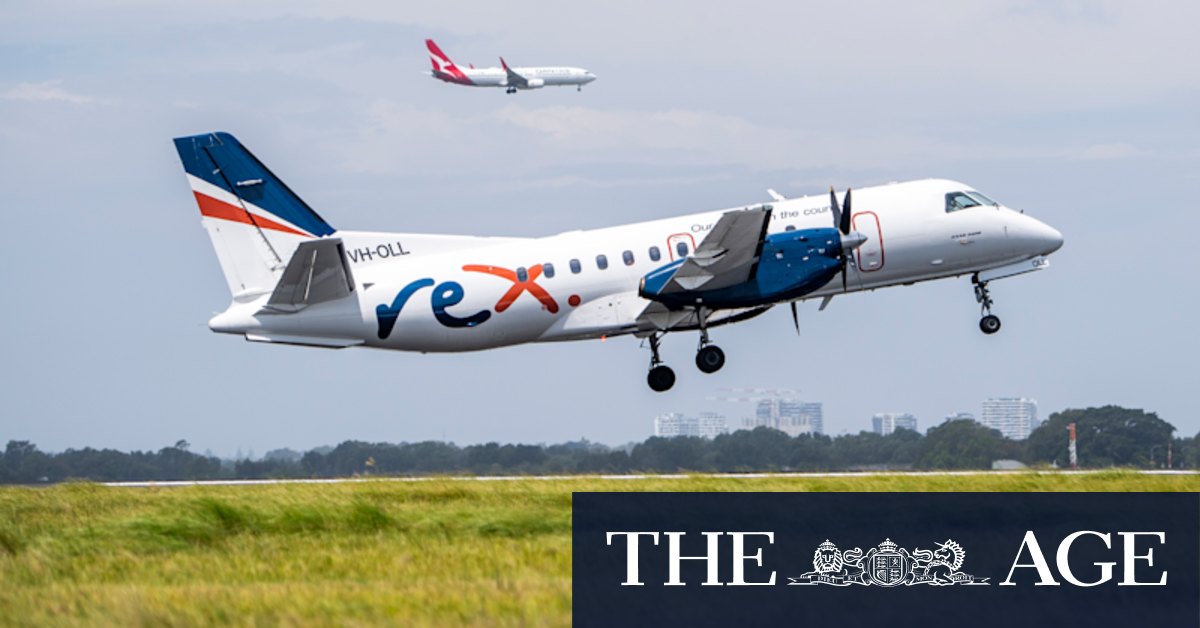Many of Rex’s regional services, while essential for travellers in regional and rural Australia, are not economical for commercial airlines.
With Rex considered a connector between Australia’s far-flung regional cities in the interior and the more populated cities on the coasts, the Albanese government was reluctant for the airline to be wound up as a company.
In 2024, the federal government provided loans of up to $80 million to keep Rex’s regional routes operating until mid-2025. It also acquired $50 million of debt from Rex’s largest creditor, PAGAC Regulus Holdings Limited, this year to pave the way for the airline’s continued operation.
In June, Transportation Minister Catherine King said that any potential government support for a successful bidder “will be conditional on commitments to provide an ongoing, reasonable level of service to regional and remote communities [and] the need to provide value for money to taxpayers and good governance”.
“The Albanese government remains committed to maintaining access to aviation services for regional and remote communities that are essential to their health, education and economic outcomes, and we recognise the critical role of the Rex network to local economies,” she said.
TWU National Secretary Michael Kaine said: “In the event of a sale we need to see assurances from Air T that regional Australia can rely on Rex into the future, that workers are consulted, and their conditions are protected.”
Rex workers are also among the company’s creditors.
The Market Recap newsletter is a wrap of the day’s trading. Get it each weekday afternoon.

